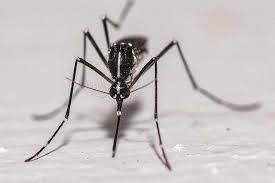For the first time ever, Iceland has reported the presence of mosquitoes, signaling a significant shift in the country’s ecosystem. Scientists attribute this unprecedented occurrence primarily to climate change, which has warmed the Arctic region at four times the global average.
Climate Change Driving Ecological Shifts
The appearance of mosquitoes coincides with other environmental changes in Iceland, such as the recent presence of warm-water fish species like mackerel along its coasts. Researchers warn that rising temperatures are creating conditions suitable for species previously unable to survive in the country’s historically cold climate.
“This is a clear sign of how climate change is reshaping ecosystems in the Arctic,” said a local entomologist. “Mosquitoes are not just a nuisance—they can also affect local wildlife and potentially introduce new diseases.”
Monitoring and Potential Impacts
Authorities and scientists are closely monitoring the situation to assess potential ecological and public health consequences. While mosquitoes are common in many parts of the world, their arrival in Iceland highlights the far-reaching effects of global warming and the rapid transformation of Arctic environments.
Broader Implications
The emergence of mosquitoes is part of a larger pattern of climate-driven changes in Iceland, prompting calls for increased research and preparedness to manage the ecological and societal impacts of a warming Arctic. Experts emphasize that understanding these changes is essential for protecting both wildlife and human communities in the region.

